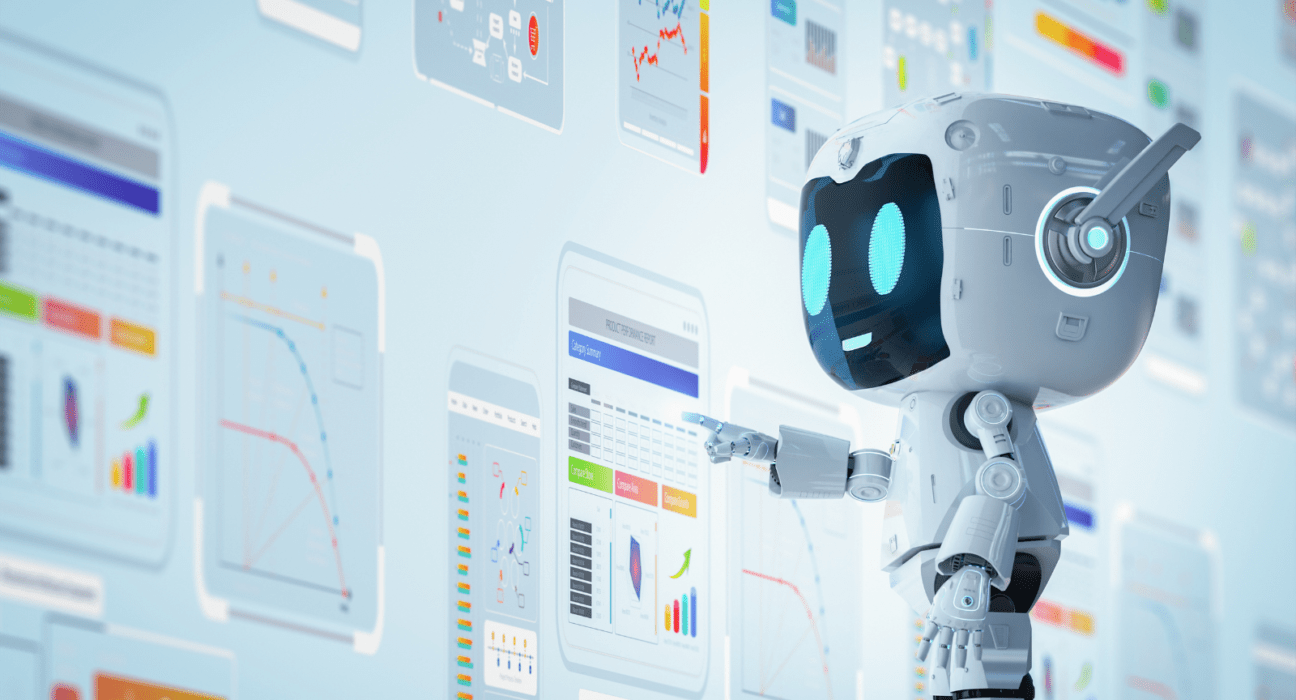Artificial intelligence is no longer just for tech giants. Small businesses can leverage AI to streamline processes, improve customer experiences, and boost profits in ways that might not seem obvious at first glance. Let’s explore ten innovative ways AI can help your business thrive, whether you’re in retail, hospitality, consulting, or any other field.
1. Personalized Customer Engagement
Personalization drives customer loyalty, and AI enables small businesses to compete with larger companies by delivering tailored customer experiences. Through machine learning algorithms, AI analyzes user behavior across multiple touchpoints (e.g., website, social media, emails). For example, a small boutique can use AI to track which products a customer has clicked on, then send targeted follow-up emails with personalized discounts or new arrivals based on that interest. This data-driven approach enhances customer engagement, encouraging repeat visits and purchases.
2. Predictive Analytics for Sales and Marketing
With AI’s predictive capabilities, small businesses can make data-informed decisions that lead to higher sales and cost savings. By examining historical sales data, AI can help forecast future sales trends and customer buying habits, down to specific time frames. For example, a restaurant could predict busy periods based on past data, allowing it to schedule more staff during peak hours and avoid overstaffing during slow periods. This type of foresight can lead to more efficient operations and resource allocation.
3. Automated Customer Service
AI chatbots and virtual assistants can handle the repetitive aspects of customer service, such as answering FAQs, processing simple orders, and collecting contact information. These tools allow small businesses to provide around-the-clock service, enhancing customer satisfaction without overburdening the team. For instance, a small e-commerce business could use a chatbot to manage order inquiries or recommend products based on customer questions. This frees up human employees to focus on complex issues, improving both service quality and efficiency.
4. Inventory and Supply Chain Optimization
AI systems can help avoid costly inventory mistakes by providing accurate, real-time insights into stock levels and demand forecasts. Machine learning algorithms analyze patterns in sales data, identifying products that are likely to sell out or those that are overstocked. For example, a small retail shop could prevent stockouts of popular items during holiday seasons, maximizing sales and improving customer satisfaction. AI can also predict when supplies might arrive, enabling better coordination with suppliers and reducing unexpected delays.
5. Enhanced Hiring Processes
AI can make recruiting quicker and less biased. By analyzing candidates’ resumes and comparing them with job requirements, AI can rank applicants based on fit, reducing the manual workload involved in hiring. Some AI tools even use natural language processing to detect traits like leadership potential or cultural fit. This can be particularly helpful for small businesses without a dedicated HR team, allowing them to fill roles faster and more effectively.
6. Targeted Advertising and Content Creation
AI-powered advertising tools optimize ad placement by learning from customer behavior and targeting those most likely to engage. Platforms like Google and Facebook use AI to suggest keywords, audience demographics, and budgets for ad campaigns, making it easier for small businesses to run high-impact ads without advanced marketing knowledge. AI also powers content creation; for instance, AI tools can help write product descriptions, captions, or even blog posts, allowing small businesses to generate engaging content with minimal resources.
7. Improved Financial Planning and Fraud Detection
AI-driven financial tools monitor your cash flow and predict revenue trends, making financial planning less daunting. By analyzing spending patterns and sales forecasts, AI can highlight potential cash flow issues or opportunities for investment. Additionally, many AI systems can detect fraud in real time by monitoring suspicious transactions or behaviors, protecting businesses from financial losses and reducing risk.
8. Product Development Insights
Through sentiment analysis on customer feedback, social media, and reviews, AI provides valuable insights into what customers love or dislike about a product. This helps small businesses quickly identify trends and areas for improvement. For instance, a small skincare company could use AI to analyze online reviews to understand customer pain points, such as product packaging or ingredients, and adjust future product releases accordingly. By responding to these insights, businesses can stay competitive and meet evolving customer needs.
9. Workflow Automation
Automation tools powered by AI save time by handling routine tasks like data entry, scheduling, and reporting. For example, an AI-driven scheduling assistant can manage appointments, avoiding double bookings and ensuring that no customer is left waiting. Workflow automation can also handle email sorting, file organization, and other repetitive tasks, enabling your team to focus on strategic activities that drive growth.
10. Enhanced Customer Feedback Analysis
AI can sift through large volumes of customer feedback, such as survey responses, reviews, and social media comments, to identify recurring themes or issues. Sentiment analysis, a type of AI, can even determine whether feedback is positive, negative, or neutral, giving small businesses a clearer picture of their public perception. For example, if a small restaurant notices that customers are consistently mentioning long wait times, they can prioritize improving this aspect of the service. This kind of insight-driven action can lead to higher customer satisfaction and loyalty.
Putting AI to Work in Your Business
Adopting AI doesn’t mean needing a huge budget or advanced tech knowledge. Start by pinpointing a specific area where AI could save time, improve accuracy, or provide better insights—like automating customer support or improving targeted advertising. Many AI tools are affordable and designed with user-friendly interfaces that even tech novices can navigate.
Embracing AI allows small businesses to compete with larger companies by leveraging data-driven insights, personalized customer interactions, and streamlined operations. By taking advantage of these innovative tools, your business can achieve a new level of efficiency and success in today’s competitive market.
Related Contents:










